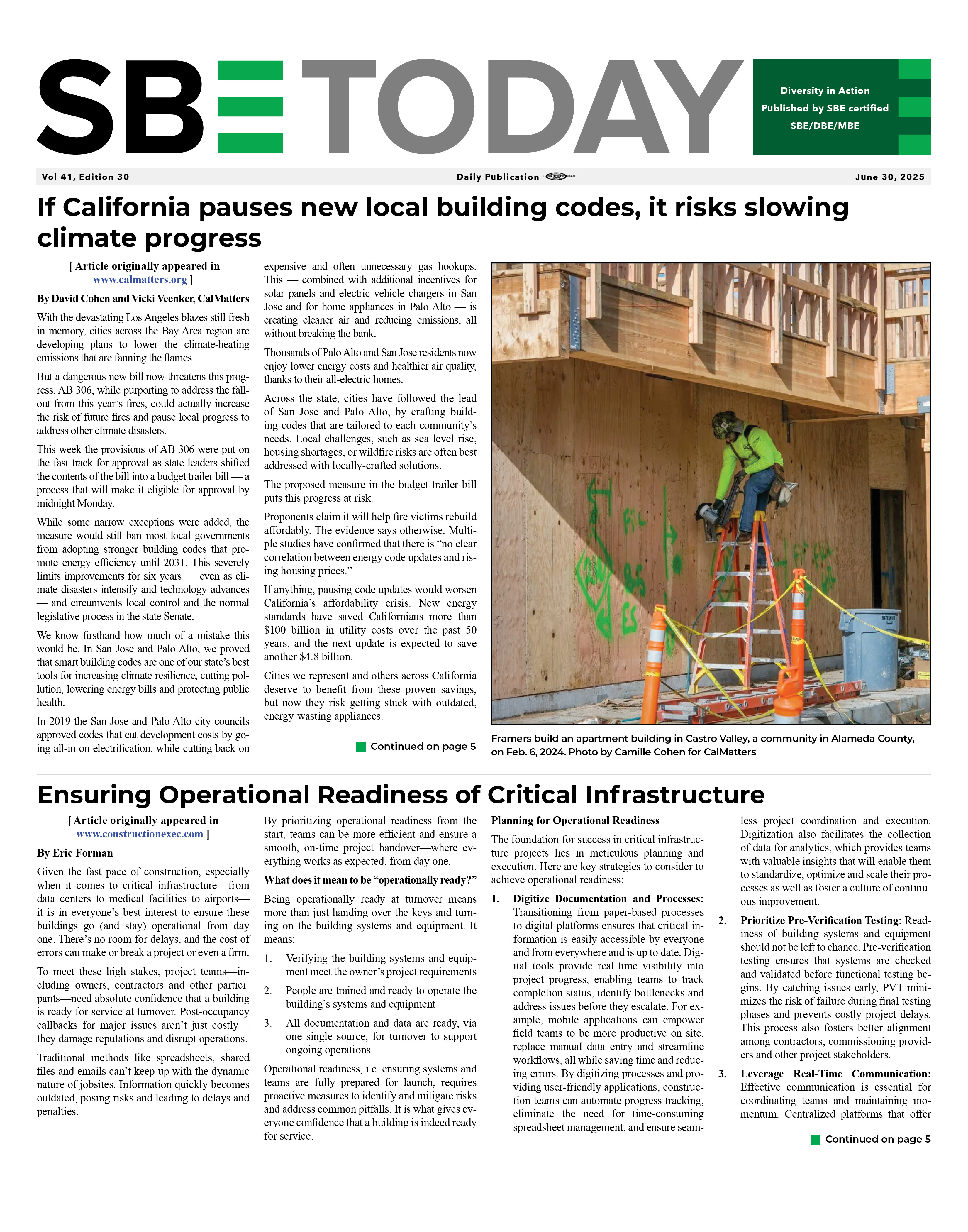|
|
EPA Awards UC Berkeley, the Oakland Public Health Institute, and Stanford nearly $3 Million for Research to Reduce Wildland Fire Smoke Exposure
08/28/2021
[ Article was originally posted on www.epa.gov ]
The U.S. Environmental Protection Agency (EPA) has announced over $7 million in funding to ten research projects nationwide that will address interventions and communication strategies to reduce exposure and the associated health risks from wildland fire smoke. In the Bay Area, $2,982,993 was awarded between three research institutions: the University of California at Berkeley, Stanford University and the Oakland Public Health Institute. “As wildfires become more frequent and severe, we are working to effectively communicate the risks of smoke exposure to impacted communities,” said Wayne Cascio, acting principal deputy assistant administrator for science in EPA’s Office of Research and Development. “We are seeing an increase in prescribed fires to reduce the risk of catastrophic wildfires; however, these are also a source of smoke exposure. The research we are funding will help develop strategies to prevent and reduce the health impacts of smoke from wildfires and prescribed fires.” Wildland fire (wildfire and prescribed fires) smoke is made up of a complex mixture of gases and fine particles produced when wood and other organic materials burn. The biggest health threat from smoke is from fine particles. Outside or indoors, exposure to these microscopic particles can cause burning eyes, runny nose, and illnesses such as bronchitis. Additionally, fine particles can aggravate chronic heart and lung diseases, and they are linked to premature deaths in people with these conditions. Smoke also contains air toxics that can cause cancer or other serious health effects. The institutions receiving these grants will conduct research to understand what actions might be effective for reducing ambient and indoor exposures to wildland fire smoke, and how best to communicate these actions to various groups. This research will integrate multiple disciplines including social and behavioral sciences, air quality science, and engineering. The following Bay Area institutions are receiving research grants:
Background on EPA’s STAR Program These grants fall under EPA’s STAR program, which aims to stimulate and support scientific and engineering research that advances EPA’s mission to protect human health and the environment. It is a competitive, peer reviewed, extramural research program that provides access to the nation’s best scientists and engineers in academic and other nonprofit research institutions. STAR funds research on the environmental and public health effects of air quality, climate change, environmental justice, water quality and quantity, hazardous waste, toxic substances, and pesticides. For more information about these grants, visit: https://www.epa.gov/research-grants/interventions-and-communication-strategies-reduce-health-risks-wildland-fire-0. For more information about EPA research grants, visit: https://www.epa.gov/research-grants.
Learn more about EPA’s Pacific Southwest Region. Connect with us on Facebook and on Twitter Back To News |
|





